5TH WORLD MEDIAS RECOMMENDED READING
Discover 5TH WORLD MEDIAS' top recommended reading list—curated books and media handpicked by global experts. Expand your knowledge with must-read titles!
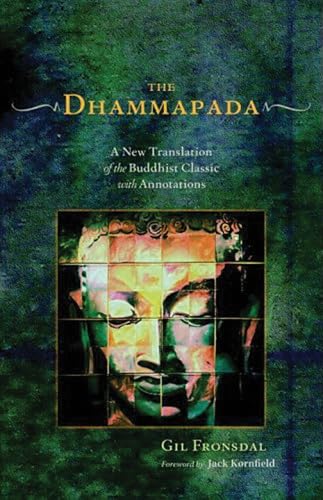


Book
Brave New World and Brave New World Revisited
by Aldous Huxley
The astonishing novel Brave New World, originally published in 1932, presents Aldous Huxley's vision of the future -- of a world utterly transformed. Through the most efficient scientific and psychological engineering, people are genetically designed to be passive and therefore consistently useful to the ruling class. This powerful work of speculative fiction sheds a blazing critical light on the present and is considered to be Huxley's most enduring masterpiece. Following Brave New World is the nonfiction work Brave New World Revisited, first published in 1958. It is a fascinating work in which Huxley uses his tremendous knowledge of human relations to compare the modern-day world with the prophetic fantasy envisioned in Brave New World, including threats to humanity, such as overpopulation, propaganda, and chemical persuasion.
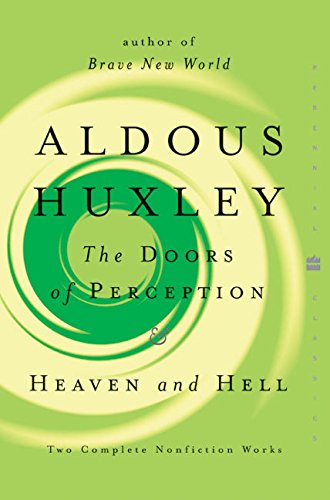
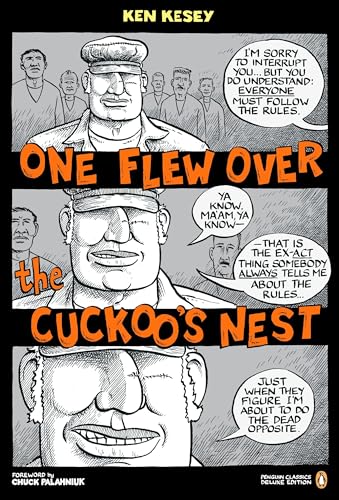

Book
A Portrait of the Artist as a Young Man
by James Joyce
James Joyce's coming-of-age story, a tour de force of style and technique The first, shortest, and most approachable of James Joyce’s novels, A Portrait of the Artist as a Young Man portrays the Dublin upbringing of Stephen Dedalus, from his youthful days at Clongowes Wood College to his radical questioning of all convention. In doing so, it provides an oblique self-portrait of the young Joyce himself. At its center lie questions of origin and source, authority and authorship, and the relationship of an artist to his family, culture, and race. Exuberantly inventive in style, the novel subtly and beautifully orchestrates the patterns of quotation and repetition instrumental in its hero’s quest to create his own character, his own language, life, and art: “to forge in the smithy of my soul the uncreated conscience of my race.” This Penguin Classics edition is the definitive text, authorized by the Joyce estate and collated from all known proofs, manuscripts, and impressions to reflect the author’s original wishes. For more than seventy years, Penguin has been the leading publisher of classic literature in the English-speaking world. With more than 1,700 titles, Penguin Classics represents a global bookshelf of the best works throughout history and across genres and disciplines. Readers trust the series to provide authoritative texts enhanced by introductions and notes by distinguished scholars and contemporary authors, as well as up-to-date translations by award-winning translators.

Book
Modern Classics Finnegans Wake
by James Joyce
A daring work of experimental, Modernist genius, James Joyce's Finnegans Wake is one of the greatest literary achievements of the twentieth century, and the crowning glory of Joyce's life. The Penguin Modern Classics edition of includes an introduction by Seamus Deane 'riverrun, past Eve and Adam's, from swerve of shore to bend of bay, brings us by a commodius vicus of recirculation back to Howth Castle and Environs' Joyce's final work, Finnegan's Wake is his masterpiece of the night as Ulysses is of the day. Supreme linguistic virtuosity conjures up the dark underground worlds of sexuality and dream. Joyce undermines traditional storytelling and all official forms of English and confronts the different kinds of betrayal - cultural, political and sexual - that he saw at the heart of Irish history. Dazzlingly inventive, with passages of great lyrical beauty and humour, Finnegans Wake remains one of the most remarkable works of the twentieth century. James Joyce (1882-1941), the eldest of ten children, was born in Dublin, but exiled himself to Paris at twenty as a rebellion against his upbringing. He only returned to Ireland briefly from the continent but Dublin was at heart of his greatest works, Ulysses and Finnegans Wake. He lived in poverty until the last ten years of his life and was plagued by near blindness and the grief of his daughter's mental illness. If you enjoyed Finnegans Wake, you might like Virginia Woolf's The Waves, also available in Penguin Classics. 'An extraordinary performance, a transcription into a miniaturized form of the whole western literary tradition' Seamus Deane

Book
Modern Classics Ulysses
by James Joyce
'Everybody knows now that Ulysses is the greatest novel of the century' Anthony Burgess, Observer Following the events of one single day in Dublin, the 16th June 1904, and what happens to the characters Stephen Dedalus, Leopold Bloom and his wife Molly, Ulysses is a monument to the human condition. It has survived censorship, controversy and legal action, and even been deemed blasphemous, but remains an undisputed modernist classic: ceaselessly inventive, garrulous, funny, sorrowful, vulgar, lyrical and ultimately redemptive. It confirms Joyce's belief that literature 'is the eternal affirmation of the spirit of man'. 'The most important expression which the present age has found; it is a book to which we are all indebted, and from which none of us can escape' T. S. Eliot 'Intoxicating ... a towering work, in its word play surpassing even Shakespeare' Guardian

Book
Modern Classics Dubliners
by James Joyce
James Joyce's Dubliners is an enthralling collection of modernist short stories which create a vivid picture of the day-to-day experience of Dublin life. This Penguin Classics edition includes notes and an introduction by Terence Brown. Joyce's first major work, written when he was only twenty-five, brought his city to the world for the first time. His stories are rooted in the rich detail of Dublin life, portraying ordinary, often defeated lives with unflinching realism. From 'The Sisters', a vivid portrait of childhood faith and guilt, to 'Araby', a timeless evocation of the inexplicable yearnings of adolescence, to 'The Dead', in which Gabriel Conroy is gradually brought to a painful epiphany regarding the nature of his existence, Joyce draws a realistic and memorable cast of Dubliners together in an powerful exploration of overarching themes. Writing of social decline, sexual desire and exploitation, corruption and personal failure, he creates a brilliantly compelling, unique vision of the world and of human experience. James Joyce (1882-1941), the eldest of ten children, was born in Dublin, but exiled himself to Paris at twenty as a rebellion against his upbringing. He only returned to Ireland briefly from the continent but Dublin was at heart of his greatest works, Ulysses and Finnegans Wake. He lived in poverty until the last ten years of his life and was plagued by near blindness and the grief of his daughter's mental illness. If you enjoyed Dubliners, you might like Joyce's Ulysses, also available in Penguin Modern Classics. 'Joyce redeems his Dubliners, assures their identity, and makes their social existence appear permanent and immortal, like the streets they walk' Tom Paulin 'Joyce's early short stories remain undimmed in their brilliance' Sunday Times

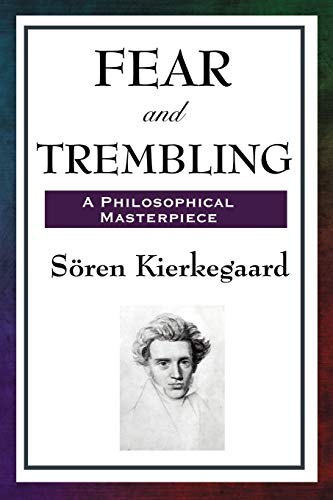
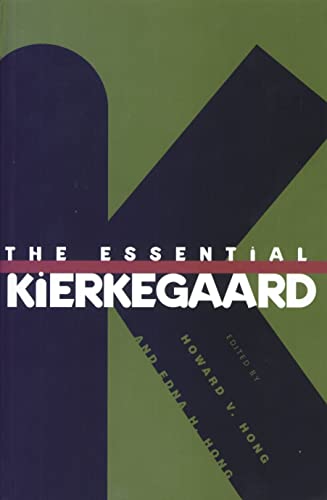
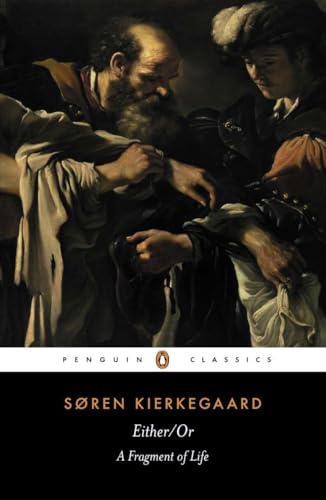

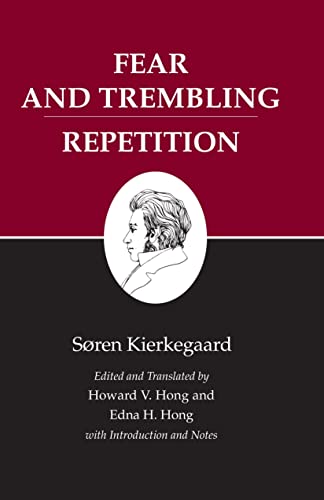



Book
Animal Farm
by George Orwell
75th Anniversary Edition—Includes a New Introduction by Téa Obreht George Orwell's timeless and timely allegorical novel—a scathing satire on a downtrodden society’s blind march towards totalitarianism. “All animals are equal, but some animals are more equal than others.” A farm is taken over by its overworked, mistreated animals. With flaming idealism and stirring slogans, they set out to create a paradise of progress, justice, and equality. Thus the stage is set for one of the most telling satiric fables ever penned—a razor-edged fairy tale for grown-ups that records the evolution from revolution against tyranny to a totalitarianism just as terrible. When Animal Farm was first published, Stalinist Russia was seen as its target. Today it is devastatingly clear that wherever and whenever freedom is attacked, under whatever banner, the cutting clarity and savage comedy of George Orwell’s masterpiece have a meaning and message still ferociously fresh.

Book
Fahrenheit 451
by Ray Bradbury
Guy Montag is a fireman, his job is to burn books, which are forbidden.

Book
The Catcher in the Rye
by J.D. Salinger
J.D. Salinger's classic of adolescent angst is now available for the first time in trade paperback. Holden Caulfield, knowing he is to be expelled from school, decides to leave early. He spends three days in New York City and tells the story of what he did and suffered there.

Book
Franny and Zooey
by J.D. Salinger
Two children of the Glass family appear in separate stories set in twentieth-century New York.

Book
Cat's Cradle
by Kurt Vonnegut
“A free-wheeling vehicle . . . an unforgettable ride!”—The New York Times Cat’s Cradle is Kurt Vonnegut’s satirical commentary on modern man and his madness. An apocalyptic tale of this planet’s ultimate fate, it features a midget as the protagonist, a complete, original theology created by a calypso singer, and a vision of the future that is at once blackly fatalistic and hilariously funny. A book that left an indelible mark on an entire generation of readers, Cat’s Cradle is one of the twentieth century’s most important works—and Vonnegut at his very best. “[Vonnegut is] an unimitative and inimitable social satirist.”—Harper’s Magazine “Our finest black-humorist . . . We laugh in self-defense.”—Atlantic Monthly

Book
Breakfast of Champions
by Kurt Vonnegut
“Marvelous . . . [Vonnegut] wheels out all the complaints about America and makes them seem fresh, funny, outrageous, hateful and lovable.”—The New York Times In Breakfast of Champions, one of Kurt Vonnegut’s most beloved characters, the aging writer Kilgore Trout, finds to his horror that a Midwest car dealer is taking his fiction as truth. What follows is murderously funny satire, as Vonnegut looks at war, sex, racism, success, politics, and pollution in America and reminds us how to see the truth. “Free-wheeling, wild and great . . . uniquely Vonnegut.”—Publishers Weekly
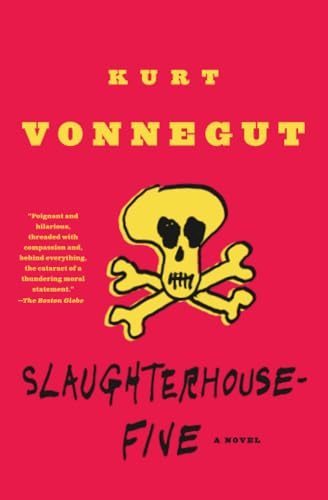
Book
Slaughterhouse-Five
by Kurt Vonnegut
Kurt Vonnegut’s masterpiece, Slaughterhouse-Five is “a desperate, painfully honest attempt to confront the monstrous crimes of the twentieth century” (Time). Selected by the Modern Library as one of the 100 best novels of all time • One of The Atlantic’s Great American Novels of the Past 100 Years Slaughterhouse-Five, an American classic, is one of the world’s great antiwar books. Centering on the infamous World War II firebombing of Dresden, the novel is the result of what Kurt Vonnegut described as a twenty-three-year struggle to write a book about what he had witnessed as an American prisoner of war. It combines historical fiction, science fiction, autobiography, and satire in an account of the life of Billy Pilgrim, a barber’s son turned draftee turned optometrist turned alien abductee. As Vonnegut had, Billy experiences the destruction of Dresden as a POW. Unlike Vonnegut, he experiences time travel, or coming “unstuck in time.” An instant bestseller, Slaughterhouse-Five made Kurt Vonnegut a cult hero in American literature, a reputation that only strengthened over time, despite his being banned and censored by some libraries and schools for content and language. But it was precisely those elements of Vonnegut’s writing—the political edginess, the genre-bending inventiveness, the frank violence, the transgressive wit—that have inspired generations of readers not just to look differently at the world around them but to find the confidence to say something about it. Authors as wide-ranging as Norman Mailer, John Irving, Michael Crichton, Tim O’Brien, Margaret Atwood, Elizabeth Strout, David Sedaris, Jennifer Egan, and J. K. Rowling have all found inspiration in Vonnegut’s words. Jonathan Safran Foer has described Vonnegut as “the kind of writer who made people—young people especially—want to write.” George Saunders has declared Vonnegut to be “the great, urgent, passionate American writer of our century, who offers us . . . a model of the kind of compassionate thinking that might yet save us from ourselves.” More than fifty years after its initial publication at the height of the Vietnam War, Vonnegut’s portrayal of political disillusionment, PTSD, and postwar anxiety feels as relevant, darkly humorous, and profoundly affecting as ever, an enduring beacon through our own era’s uncertainties.

Book
Welcome to the Monkey House
by Kurt Vonnegut
“[Kurt Vonnegut] strips the flesh from bone and makes you laugh while he does it. . . . There are twenty-five stories here, and each hits a nerve ending.”—The Charlotte Observer Welcome to the Monkey House is a collection of Kurt Vonnegut’s shorter works. Originally printed in publications as diverse as The Magazine of Fantasy and Science Fiction and The Atlantic Monthly, these superb stories share Vonnegut’s audacious sense of humor and extraordinary range of creative vision. Includes the following stories: “Where I Live” “Harrison Bergeron” “Who Am I This Time?” “Welcome to the Monkey House” “Long Walk to Forever” “The Foster Portfolio” “Miss Temptation” “All the King’s Horses” “Tom Edison’s Shaggy Dog” “New Dictionary” “Next Door” “More Stately Mansions” “The Hyannis Port Story” “D.P.” “Report on the Barnhouse Effect” “The Euphio Question” “Go Back to Your Precious Wife and Son” “Deer in the Works” “The Lie” “Unready to Wear” “The Kid Nobody Could Handle” “The Manned Missiles” “Epicac” “Adam” “Tomorrow and Tomorrow and Tomorrow”